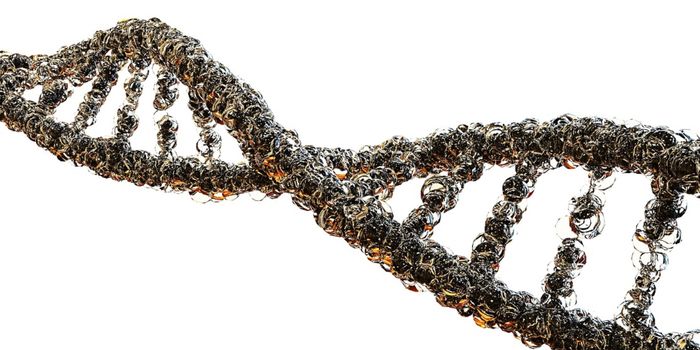Release of Genetically-Modified Mosquitoes Doesn't Go As Planned
Mosquitoes can carry dangerous diseases like malaria that could lead to serious health consequences or even death, especially in underdeveloped countries. The strategy for preventing these diseases is usually to try to control the mosquito population. That’s already been done for many years with insecticides, but they are becoming less effective, even as new mosquito-borne diseases like Zika emerge.
In a new approach, researchers at the company Oxitec created a genetically modified mosquito that was modified with a conditional dominant lethal mutation - most offspring that inherited the engineered gene were supposed die before they matured to adulthood, and were intended not to breed. The scientists also included a fluorescent protein to mark mosquitoes that carried the modified gene.
An independent team of scientists has now released a study in Scientific Reports asserting that some progeny of the genetically-modified mosquitoes survived and bred after all. Wild mosquitoes have been found that are carrying small pieces of the genetically-engineered mosquito genome.
Related: A Genetically-engineered Mosquito to Combat Malaria
The new hybrid mosquitoes that are flying around out there are not any more dangerous than wild mosquitoes, all researchers agreed, Science reported.
“The important thing is something unanticipated happened,” said population geneticist Jeffrey Powell of Yale University, who was a co-author of the Scientific Report study. “When people develop transgenic lines or anything to release, almost all of their information comes from laboratory studies. … Things don’t always work out the way you expect.”
The study, which is open access, noted that significant portions of the transgenic mosquito genome had integrated into wild mosquitoes in some cases; ten to sixty percent of the wild mosquitoes carried some portions of the genome. The wild mosquitoes were found to carry up to about thirteen percent of the genetically engineered genome.
The company stressed, however, that the transgenes which cause lethality and generate a fluorescent protein were not found among wild mosquitoes; it was 'background' portions of the mosquito genome used in the generation of the modified mosquito, a mix of Cuban and Mexican mosquitoes.
The paper also suggested that the hybrid mosquitoes that have now been created are likely to be “more robust,” a conclusion which has been drawing criticism. It also seems to have inspired some dramatic headlines about hybrid mosquitoes that are dangerous. Nature has added an editor’s note to the paper to alert readers of the controversy, and they will be releasing a commentary.
The mosquito-control strategy does seem to be effective, even while the release of the mosquitoes has gotten out of hand. Oxitec announced that local mosquito populations had declined by as much as 96 percent. The video above describes the original goal of the plan.
Sources: Science, Scientific Reports









